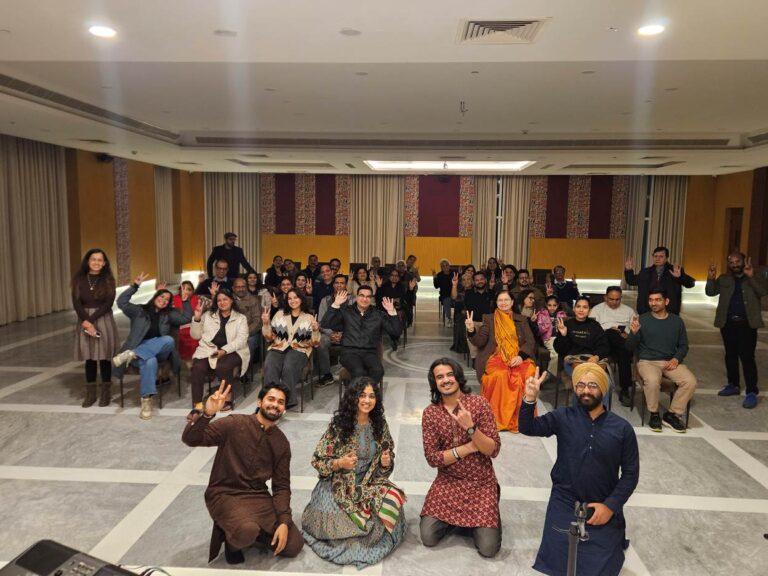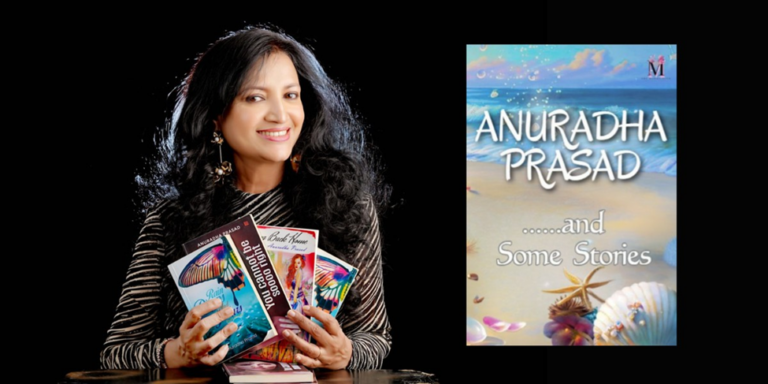
Actor Saif Ali Khan who portrays the character of Lankesh in the film Adipurush, was spotted attending the movie’s screening in Mumbai on Friday. Accompanying him were his sons, Taimur and Ibrahim. A video capturing their arrival at the theatrical screening on the first day of the film’s release has surfaced.
In the video, Saif Ali Khan can be seen stepping out of his vehicle with casual attire consisting of a blue T-shirt and denim pants. Upon noticing the presence of the media, he flashed a thumbs-up sign at them. Taimur followed behind with his nannies, while Saif’s eldest son, Ibrahim Ali Khan, also posed for the media before heading inside to watch the film.
Saif Ali Khan has four children. Ibrahim, his eldest son, is from his previous marriage to Amrita Singh and is also the sibling of Sara Ali Khan. Following his separation from Amrita Singh, Saif married Kareena Kapoor, with whom he has two sons, Taimur Ali Khan and Jehangir Ali Khan. Currently, Ibrahim is preparing for his Bollywood debut.
Adipurush, directed by Om Raut, is an interpretation of the epic Ramayana. The film features Prabhas as Raghav (inspired by Rama), Kriti Sanon as Janaki (inspired by Sita), and Saif Ali Khan as Lankesh (inspired by Ravana). Sunny Singh and Devdatta Nage also star in the film.
Released on Friday, Adipurush has emerged as the widest release in India this year. It is available in both 2D and 3D formats, as well as in five languages: Hindi, Telugu, Tamil, Malayalam, and Kannada. The film generated significant anticipation through advanced bookings and is expected to have a strong opening, according to insiders from the film trade.
However, the film has received mixed reactions from audiences. While fans have been enthusiastic about it, critics have expressed disappointment. One critic remarked, “Adipurush is essentially a Bollywood-adapted version of one of the most legendary tales ever told. Setting aside the well-known story, the execution becomes a messy combination of exaggerated CGI and mediocre VFX. To make matters worse, the intentionally humorous dialogues feel out of place in a sensitive and mythological narrative.”








